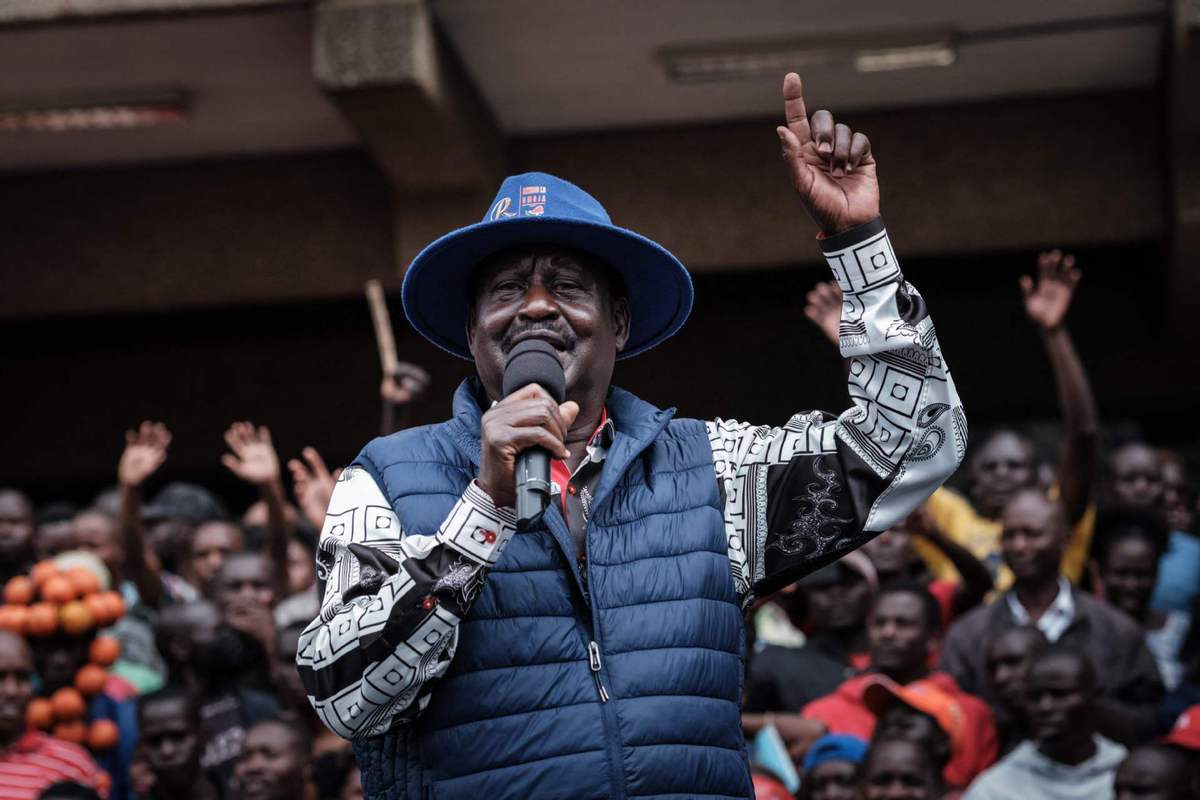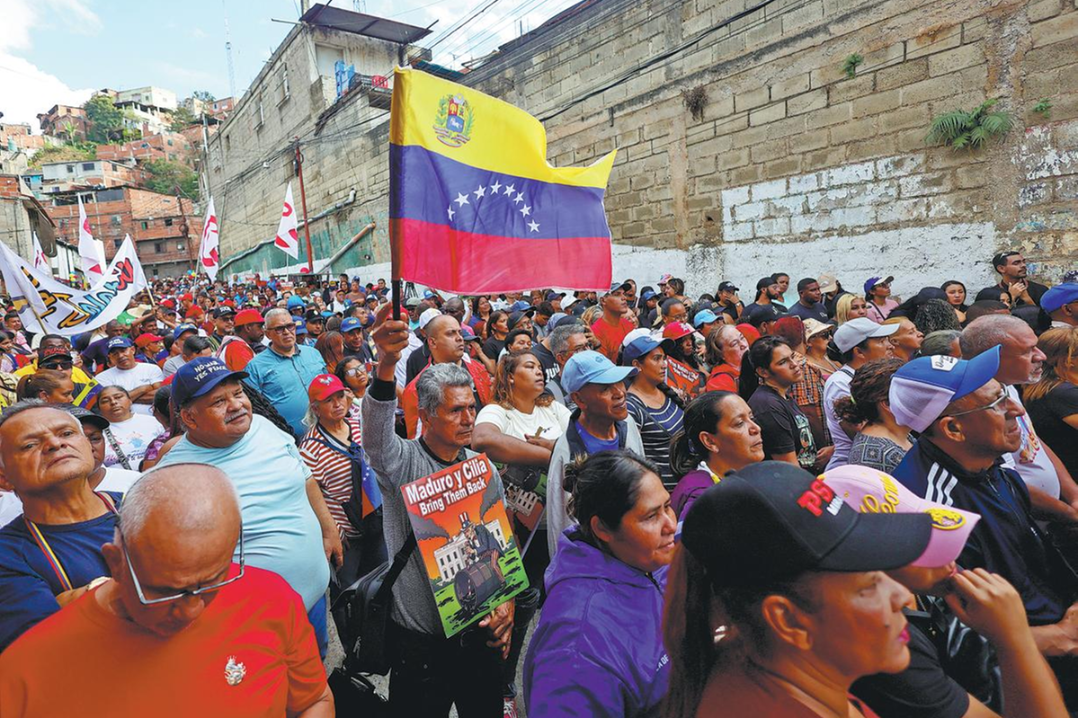Kenya's Odinga in legal move on disputed election


Kenya's opposition leader Raila Odinga formally filed a petition on Monday challenging the declaration of Deputy President William Ruto as president-elect. The petition was filed by Odinga's legal team led by Senior Counsel James Orengo at Kenya's Supreme Court.
Independent Electoral and Boundaries Commission chairman Wafula Chebukati last week declared Ruto president-elect after he obtained 50.5 percent of the valid votes cast, while Odinga garnered 48.9 percent after a closely contested election.
Under Kenya's Constitution, the Supreme Court must make a ruling within 14 days of the filing of the petition. If it nullifies the vote, as it did in 2017, fresh elections must be held within 60 days.
After meeting religious leaders at his home in the capital Nairobi on Sunday, Odinga said he wants to see justice done so that peace can be found.
"We have decided to use the law to go before the Supreme Court and table our evidence to show that it was not an election, but a joke. We are doing this to defend the democracy of our country that many people fought for," Odinga said.
The result has been challenged not only by Odinga's camp, but also by four out of seven commissioners at the election commission that oversaw the vote. However, a group of 5,000 local and international observers said the results were in line with their own parallel tallies.
Odinga supporters began gathering outside the court hours before his arrival, blowing whistles and waving placards reading "Electoral Justice Now!" and "We want justice now", according to an AFP report.
Following the filing of the petition, Odinga's team will have until Tuesday to serve the president-elect and the Independent Electoral and Boundaries Commission. A seven-judge bench will have until Sept 4 to deliver its ruling on the presidential petition.
Odinga has now been defeated in all five presidential votes he has contested, even though he ran with the backing of outgoing President Uhuru Kenyatta this time and the weight of the ruling party behind him.
After being declared president-elect, Ruto said the election results spoke for itself and its validity was being questioned by those who did not want to accept that they had lost. Ruto pledged to deliver on his campaign promises that included reining in debt and channeling more money into industries that have the potential to create jobs for Kenyans.
According to Kenya's Constitution, the Supreme Court may uphold or annul the presidential election through a majority vote. If Ruto's win is validated, he will be sworn in seven days after the ruling is issued. However, a contrary verdict would call for fresh elections.
In August 2017, the Supreme Court annulled the election after Odinga rejected Kenyatta's victory. The aftermath of this year's court decision is being keenly watched as a test of democratic maturity in East Africa's largest economy.

































